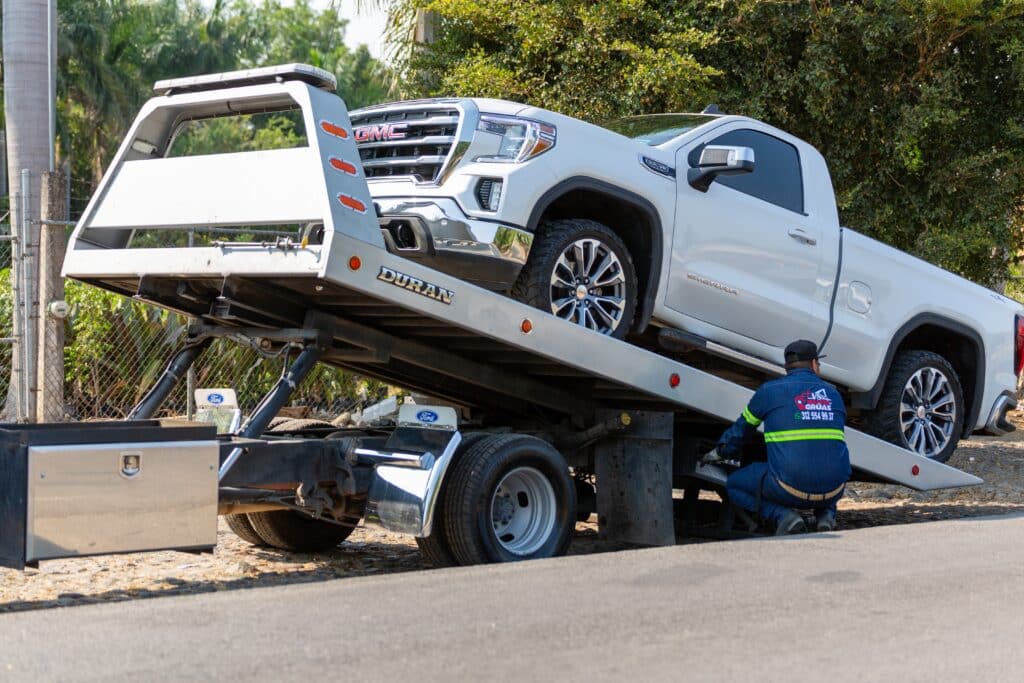The Six Most Common Causes of Collisions in Austin
If you’ve recently been in a car accident in Austin, you’re not alone.
We talk to people like you EVERY. SINGLE. DAY.
Austin’s rapidly growing population, combined with heavy traffic and distracted driving, creates unique risks on Texas roads.
Understanding the most common causes of crashes can help you stay safer on the road as you recover and navigate the aftermath of your accident.
Here’s what you need to know to stay informed and safe.
What Is the Most Common Cause of Collisions in Texas?
The most common cause of collisions is human error.
Distracted driving, speeding, tailgating, and driving under the influence are all frequent culprits. In fact, according to the National Highway Traffic Safety Administration (NHTSA), 94% of crashes are caused by driver behavior.
In Austin, distracted driving is a BIG problem.
We’re the “cool kids,” and everybody and his brother wants to move here. This means traffic congestion makes staying focused on the road more challenging. Even small lapses in judgment can lead to serious accidents. Understanding these risks can help drivers adopt safer habits and reduce the chances of a collision.
Why Are Drivers in Austin, Texas So Bad?
Austin drivers have developed a reputation for aggressive and inattentive driving, and there are several reasons why. The city’s rapid growth has outpaced its infrastructure, leading to congested roads and frequent construction. Additionally, Austin’s diverse population includes drivers with varying levels of experience and driving habits, which can create confusion and frustration on the road.
Another contributing factor is the high number of distracted drivers. Austin is a tech-savvy city, and smartphones are often a source of distraction. Combine this with the challenges of navigating heavy traffic, and it’s no surprise that accidents are so common. By understanding these factors, drivers can take steps to stay calm and focused, even in frustrating conditions.
And here they are, the most common causes of distracted driving in Austin:
#1 Distracted Driving: The Leading Cause of Accidents in Austin
Distracted driving remains the top cause of motor vehicle accidents in the United States. In Austin, where busy streets and frequent construction zones require full attention, distractions like texting, eating, or changing the radio can quickly lead to disaster.
While Texas law prohibits texting while driving, enforcement can be tricky, and many drivers still engage in risky behaviors. Staying focused on the road and avoiding distractions is essential for reducing risks on Texas roads.
#2 Speeding: The Second Most Common Cause of Car Accidents in Texas
Speeding accounts for nearly 55% of traffic accidents in the U.S. In Austin, where drivers often find themselves running late or navigating tight schedules, it’s a frequent issue.
Driving too fast means you (the driver) don’t have time to react. It also increases the severity of collisions. Conversely, driving too slowly can also create risks by disrupting traffic flow. To stay safe, always follow posted speed limits and maintain a safe distance from other vehicles.
#3 Driving Under the Influence: A Major Risk on Texas Roads
Driving under the influence is responsible for nearly 30% of all traffic fatalities in the United States. In Texas, DUI laws are strict, but alcohol-related accidents remain a serious problem.
Substances like marijuana, opioids, or prescription drugs can also impair judgment, reaction time, and coordination. If you’re in Austin, avoid this common risk on Texas roads by never driving under the influence. Plan ahead with a designated driver or rideshare service to keep yourself and others safe.
#4 Aggressive Driving and Road Rage: A Rising Concern
The combination of congestion, construction, and everyday stress makes aggressive driving a growing problem in Austin. Tailgating, speeding, and weaving between lanes are common behaviors that can escalate into dangerous road rage incidents.
Aggressive driving is not just frustrating—it’s dangerous. If you encounter an aggressive driver, try to stay calm and avoid engaging. Keeping your distance and focusing on your own safety can prevent a bad situation from getting worse.
#5 Asleep at the Wheel: More Than Just A Local Band
Fatigue is a significant risk on Texas roads, particularly for commercial drivers and those working long hours. Sleep-deprived drivers are as dangerous as drunk drivers, with slower reaction times and poor decision-making skills.
If you’re tired, take a break or let someone else drive. Getting behind the wheel when you’re drowsy puts everyone on the road at risk. And you might bump into these guys on the way.
#6 Severe Weather: A Common Risk on Texas Roads
Texas weather is unpredictable, with rain, fog, and extreme heat posing unique challenges for drivers. Slippery roads, low visibility, and sudden wind gusts can all contribute to accidents.
In Austin, flash flooding is a particular concern. Avoid driving through standing water, as it can hide washed-out roads or debris. Adjust your speed for the conditions and use low-beam headlights in foggy weather.
Avoiding Collisions: Tips for Safer Driving
While Austin’s roads can be risky, many accidents can be prevented by adopting good driving habits. Stay focused, avoid distractions, and adjust your speed for traffic and weather conditions. Avoid aggressive behaviors like tailgating or weaving, and always prioritize safety over convenience.
If you’ve been involved in an accident, understanding the most common causes can help you make informed decisions about repairs, insurance claims, or legal action.
How an Experienced Austin Car Accident Lawyer Can Help
If you’ve been in a car accident, the team at Funk and Associates is here to help. We understand the unique challenges of navigating the risks on Texas roads and can guide you through the legal process, from handling insurance claims to pursuing compensation for injuries.
Our firm offers free consultations and works on a contingency basis, so you only pay if we win your case. Contact Funk and Associates today to discuss your situation and take the first step toward recovery.




